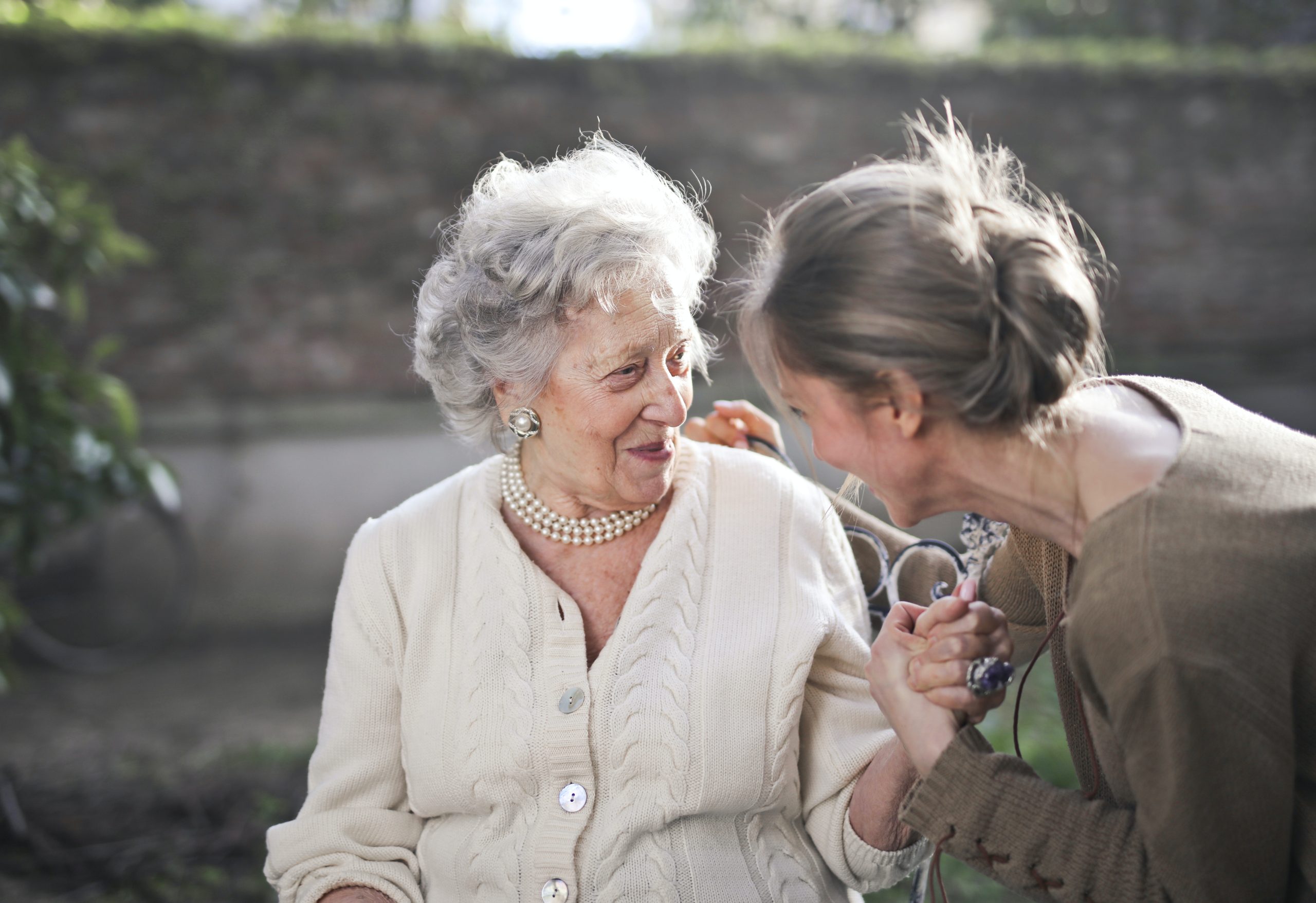Category: Caregiving & Support
Caregiving & Support: This section provides valuable information and resources for seniors, their families, and caregivers to better navigate the challenges of caregiving. Topics covered include home care, respite care, long-term care planning, caregiver support, and coping strategies for common issues related to aging and caregiving. Our aim is to offer practical advice, emotional support, and useful resources to assist seniors and their caregivers in maintaining the highest possible quality of life.
The Role of Exercise in Alzheimer’s Care: Benefits and Best Practices
What is the role of exercise in Alzheimer’s care? Exercise plays a crucial role in Alzheimer’s care as it offers a range of benefits for both physical and cognitive health of individuals with the disease. Regular physical activity can help improve memory, slow down cognitive decline, enhance mood, reduce stress and anxiety, increase social engagement,…
Read MoreNutrition and Alzheimer’s Care: How Diet Can Play a Role in Managing Symptoms
Nutrition and Alzheimer’s Care: How Diet Can Play a Role in Managing Symptoms How does diet impact Alzheimer’s disease? Diet plays an important role in managing symptoms of Alzheimer’s disease. A healthy diet can help support brain health, reduce inflammation, and provide necessary nutrients for optimal cognitive function. What foods should be included in an…
Read MoreThe Importance of Communication in Alzheimer’s Care: Strategies for Effective Interaction
The Importance of Communication in Alzheimer’s Care: Strategies for Effective Interaction Why is communication important in Alzheimer’s care? Communication is crucial in Alzheimer’s care because it helps maintain a sense of connection and understanding between caregivers and individuals with Alzheimer’s. Effective communication techniques can reduce frustration, anxiety, and confusion for both parties, improving the overall…
Read MoreUnderstanding the Different Stages of Alzheimer’s and How to Provide Care
What are the different stages of Alzheimer’s? Alzheimer’s disease is a progressive brain disorder that affects memory, thinking, and behavior. It is typically divided into three main stages: mild, moderate, and severe. In the mild stage, individuals may experience memory loss, confusion, and difficulty performing familiar tasks. In the moderate stage, symptoms worsen and individuals…
Read MoreInnovative Technologies and Tools for Alzheimer’s Care: Enhancing Quality of Life
Innovative Technologies and Tools for Alzheimer’s Care: Enhancing Quality of Life What are some innovative technologies and tools for Alzheimer’s care? There are several innovative technologies and tools that can enhance the quality of life for individuals with Alzheimer’s disease. These include wearable devices, smart home technology, assistive apps, and virtual reality therapy. How can…
Read MoreThe Impact of Exercise and Physical Activity on Alzheimer’s Disease Management
The Impact of Exercise and Physical Activity on Alzheimer’s Disease Management What is Alzheimer’s disease? Alzheimer’s disease is a progressive brain disorder characterized by memory loss, confusion, and cognitive decline. It is the most common form of dementia and affects millions of people worldwide. How does exercise and physical activity impact Alzheimer’s disease? Exercise and…
Read MoreNutrition and Alzheimer’s Care: Supporting Brain Health through Diet
Nutrition and Alzheimer’s Care: Supporting Brain Health through Diet What is the connection between nutrition and brain health? Nutrition plays a crucial role in brain health. The brain requires a variety of nutrients to function properly, including vitamins, minerals, antioxidants, and omega-3 fatty acids. A well-balanced diet can support brain health by reducing inflammation, promoting…
Read MorePromoting Cognitive Function and Quality of Life in Alzheimer’s Patients through Caregiver Techniques
Question text Answer text How can caregiver techniques promote cognitive function in Alzheimer’s patients? Caregiver techniques play a crucial role in promoting cognitive function in Alzheimer’s patients. These techniques involve providing a structured and stimulating environment, engaging in cognitive activities, and maintaining a consistent routine. By providing mental stimulation, such as puzzles, memory games, and…
Read MoreThe Role of Caregivers in Alzheimer’s Care: Challenges and Strategies
What is the role of caregivers in Alzheimer’s care? Caregivers play a crucial role in providing care and support to individuals with Alzheimer’s disease. They are responsible for assisting with activities of daily living, ensuring safety, managing medications, and providing emotional support. What are the challenges faced by caregivers in Alzheimer’s care? Caregivers face numerous…
Read MorePromoting Emotional Well-being in Alzheimer’s Care: Techniques and Resources
Question: What is emotional well-being in Alzheimer’s care? Answer: Emotional well-being in Alzheimer’s care refers to the promotion of positive emotions and psychological health in individuals living with Alzheimer’s disease. It involves creating a supportive and nurturing environment that helps reduce stress, anxiety, and depression, ultimately improving their overall quality of life. Question: Why is…
Read More








